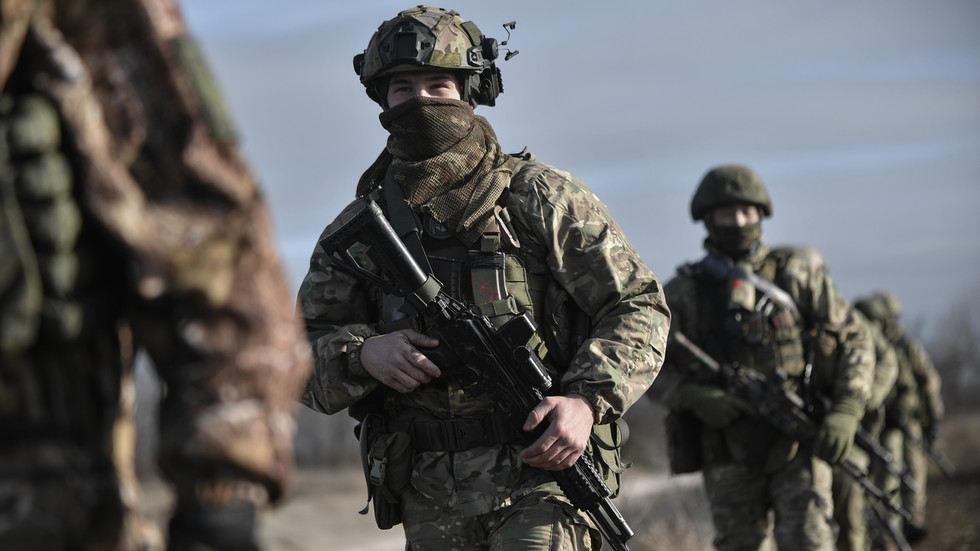France is expecting an uptick in cyber attacks during the sporting contest, particularly from Russia.
Cyber security defenders are preparing for the upcoming Paris Olympic Games.
The so-called cyberwarriors have studied and analysed potential hackers' strengths, tactics and weaknesses.
Threats could be anyone from teenage show-offs and ransomware gangs to Russian military hackers with a track record of malicious cyberattacks that threaten to paralyse the IT systems vital for the sporting contest.
But unlike the 10,500 Olympians who will converge on France’s capital in July, the cybersecurity engineers behind the Games hope to stay out the spotlight.
For them, the equivalent of a medal will be getting through the Olympics and Paralympics without a major incident.
“My dream for the Olympics is that technology and cybersecurity aren't talked about, because that will mean it was a non-issue,” said Jérémy Couture, who heads the Paris Games organisers' cybersecurity hub.
The job of spotting, analysing and responding to cyber threats is so sensitive and critical to the Games’ success that event organisers keep the hub's location secret.
While those in charge of fending off cyberattacks during the contest won't divulge much detail about their work, they have no doubt malicious hackers will keep them busy this summer.
Targets are not limited to the Games themselves but also essential infrastructure essential, such as transport networks or supply chains.
It can be difficult to distinguish a hacktivist from a state-sponsored cyber operator posing as one.
Among the most threatening cyber-adversaries are countries who might want to embarrass and exact costs on France and the International Olympic Committee with proven offensive hacking chops. Russia is cited as a cause for concern.
Amid Russia’s ongoing war in Ukraine, Olympic organisers have barred it from competing in team events at the Paris Games. They will only allow some individual Russians to compete as neutrals.
Some cyber attacks will be 'serious'
Vincent Strubel, who heads France’s national cybersecurity agency (ANSSI), called the cyberthreat level facing the Olympics unprecedented.
“There will be cyberattacks during the Games and the Paralympics,” he said at a briefing Friday. “Some won’t be serious. Some will be serious but won’t have an impact on the Games. And perhaps there will be some that are serious and liable to have an impact on the Games.”
Strubel said ANSSI has trained “enormously" and more than ever before.
"I think we have managed to stay a step ahead of the attackers,” he said.
While Strubel said Russia was cyber attacking France “recurrently,” he added it makes no sense to focus on one actor in particular. "We are preparing for everything.”
An especially aggressive unit of Russia’s GRU military intelligence agency dubbed Sandworm is blamed by Western nations for using malware dubbed “Olympic Destroyer” to disrupt the opening ceremony of the 2018 Winter Games in Pyeongchang, South Korea.
It’s the same unit accused of so-called wiper attacks on Ukraine’s power grid and the 2017 NotPetya virus that caused over €9 billion in damage worldwide.
Paris’ cybersecurity teams have sought to learn from those experiences, consulting technicians who also worked in Pyeongchang.

 9 months ago
26
9 months ago
26







